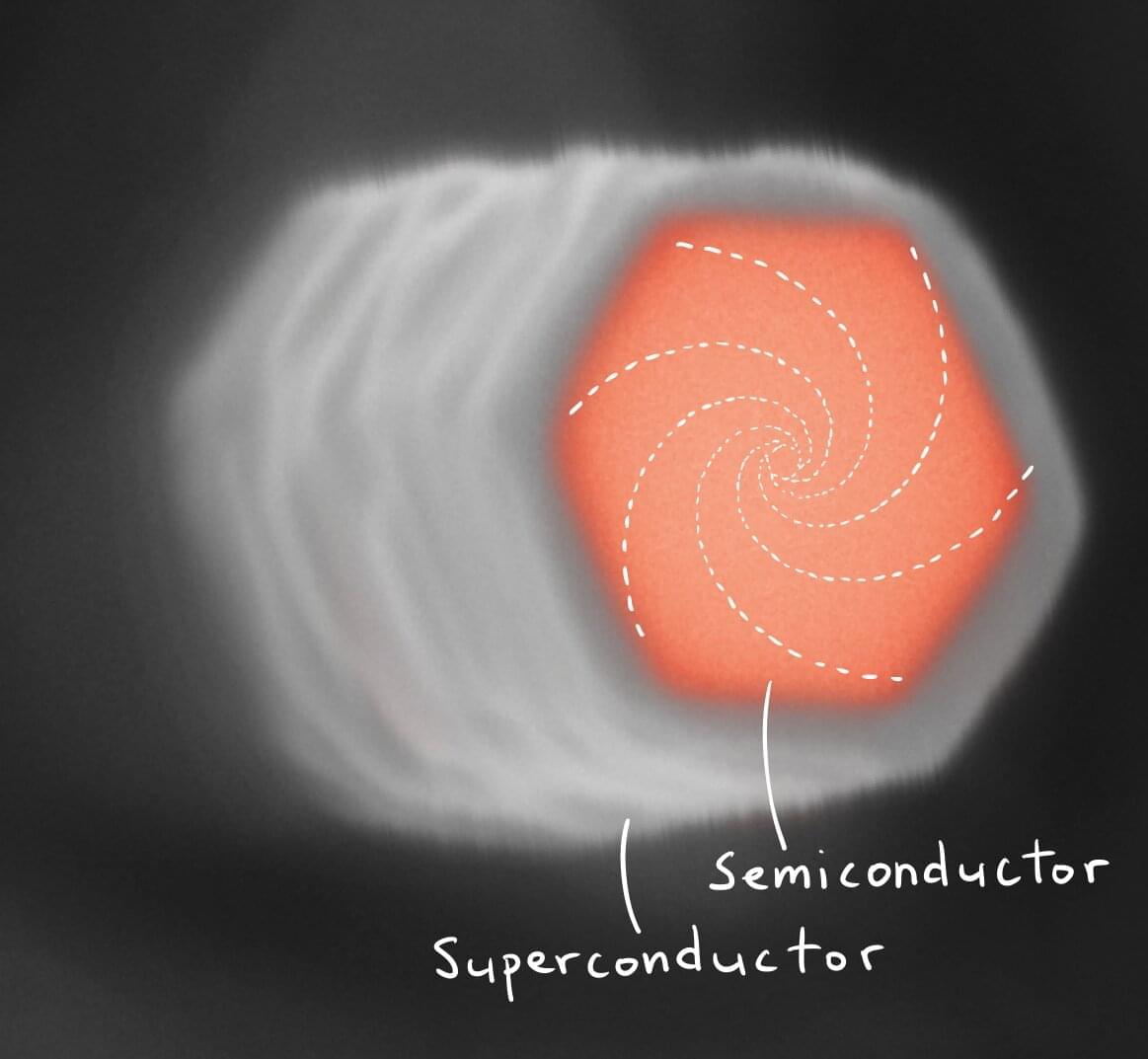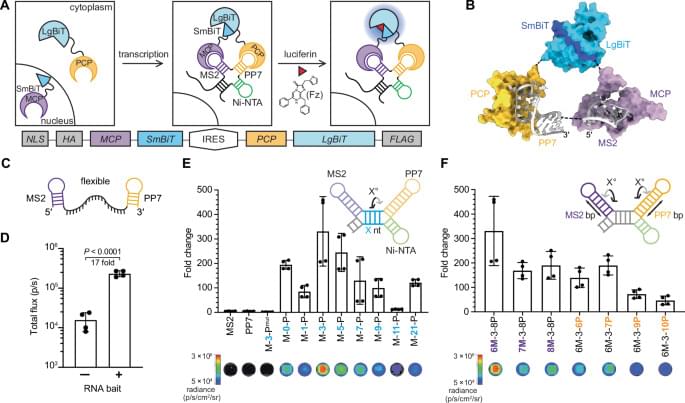Experiments at BESSY II show that during electrolysis, the structure breaks down into ultrathin nickel sheets, exposing the active catalytic centers to the electrolyte. Hydrogen can be produced through the electrolysis of water. When the electricity for this process comes from renewable sources.








